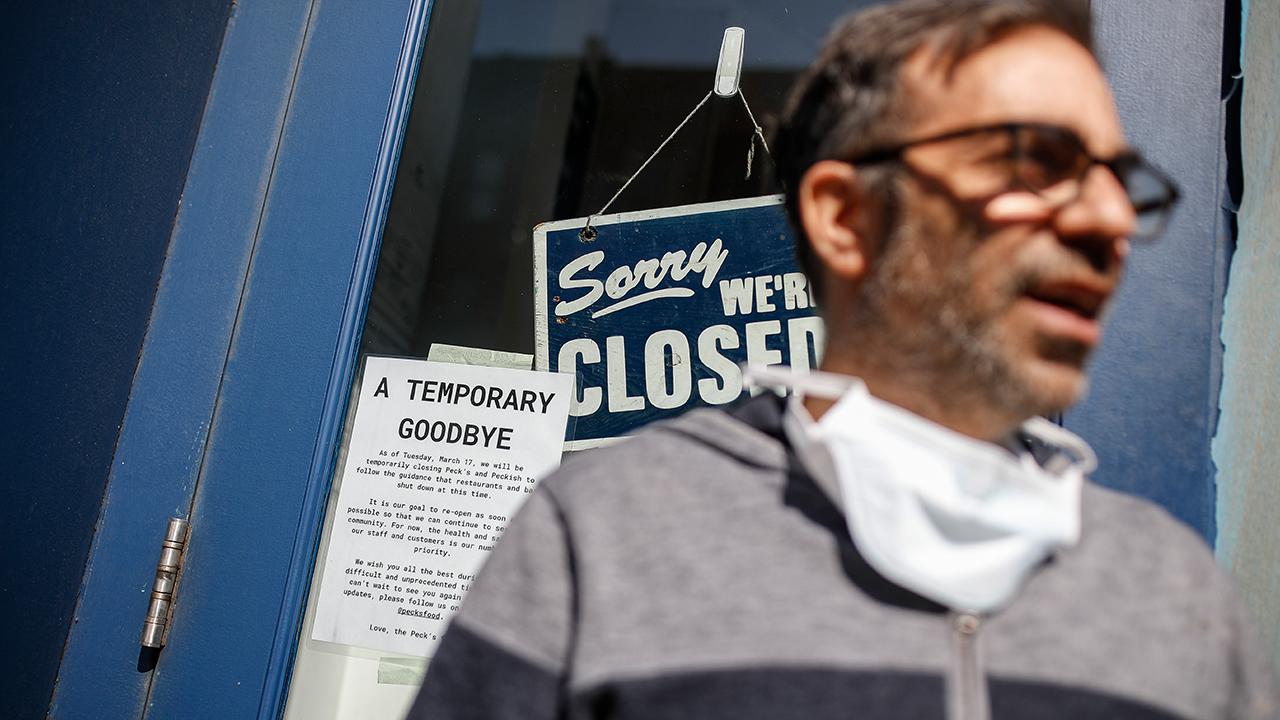Coronavirus relief program's cap on payroll costs a challenge for some small businesses
PPP caps payroll costs at $100,000 on an annualized basis per employee
Get all the latest news on coronavirus and more delivered daily to your inbox. Sign up here.
Many lenders across the U.S. are gearing up for an influx of activity on Friday – the first day small businesses can begin applying for a federal relief program called for under the massive multitrillion-dollar stimulus package signed into law last week.
The Paycheck Protection Program, or PPP, is designed to incentivize companies with fewer than 500 employees to retain staff despite difficult economic conditions that have resulted from the coronavirus pandemic. Applicants can receive up to $10 million, which can be forgiven in certain cases. At least 75 percent of the money must be put toward payroll costs.
However, payroll costs are capped at $100,000 on an annualized basis per employee. And while that might be sufficient for many parts of the country, it could fall short in some of the more expensive metro areas – like New York City – where the cost of living is higher.
CORONAVIRUS STIMULUS CHECKS: WHO GETS MONEY AND WHEN?
"The bill does not have an index factor for more expensive cities,” Julio Gonzalez, CEO of Engineered Tax Services, told FOX Business.
In order to deal with that stipulation, Gonzalez – who advised the Trump administration on the 2017 tax overhaul – said several of his clients have reduced payroll for staffers to levels below $100,000 throughout the emergency period, though employees will keep their jobs and benefits.
Alternatively, some business owners may choose to forego their own salaries in a bid to keep their companies afloat.
Greg Ott, CEO of Nav, which connects small businesses with financing options, said these challenges have arisen because the program takes a one-size-fits-all approach to small business.
“In a lot of cities … [$100,000] is just table stakes for having employees, especially for certain types of businesses,” Ott told FOX Business. “Yet all of these businesses are being dramatically impacted by the health crisis … by the rules we have to apply to stay safe.”
NEED CORONAVIRUS CASH RELIEF NOW? HOW YOUR 401(K) CAN HELP
However, L.J. Suzuki, the founder of CFOShares.org, told FOX Business that it makes no sense for companies to make decisions such as cutting or boosting pay based solely on PPP alone.
“What does make sense is deferring layoffs a little longer or keeping an underutilized but good employee around to pursue R&D projects, work on efficiency improvement projects, or develop and deploy new sales and marketing strategies,” Suzuki said.
Suzuki noted that it’s important that businesses have a 13-week cash flow forecast to help guide their decision-making process.
CLICK HERE TO READ MORE ON FOX BUSINESS
Ott is advising business owners to be patient with regards to PPP and to look into alternative sources of funding that they can tap into to bridge the gap until the federal revenue is available. He also says business owners should begin negotiating with creditors and look to reduce costs.
As previously reported by FOX Business, lenders are expected to begin accepting PPP applications on Friday. One SBA lender said he already had a queue of more than 7,500 businesses – and expects to eventually service tens of thousands.
In addition to PPP, small business owners can apply for relief through the SBA’s economic injury disaster loan program. Sometimes both programs can be an option.
Here’s a look at the difference between the two SBA offerings.




















